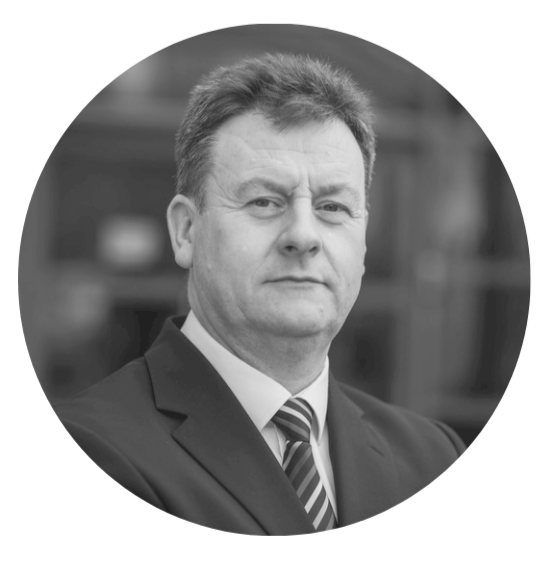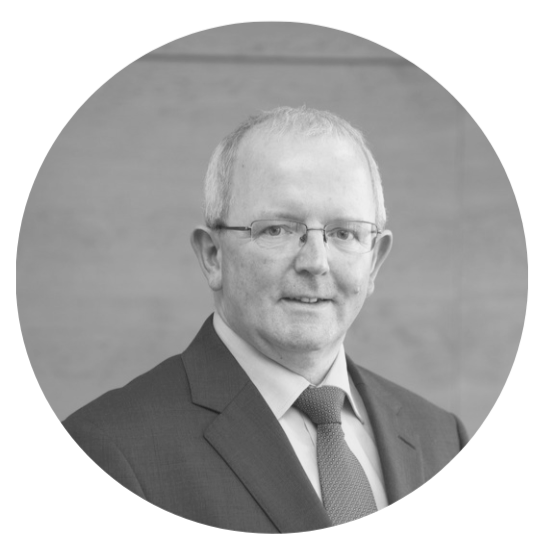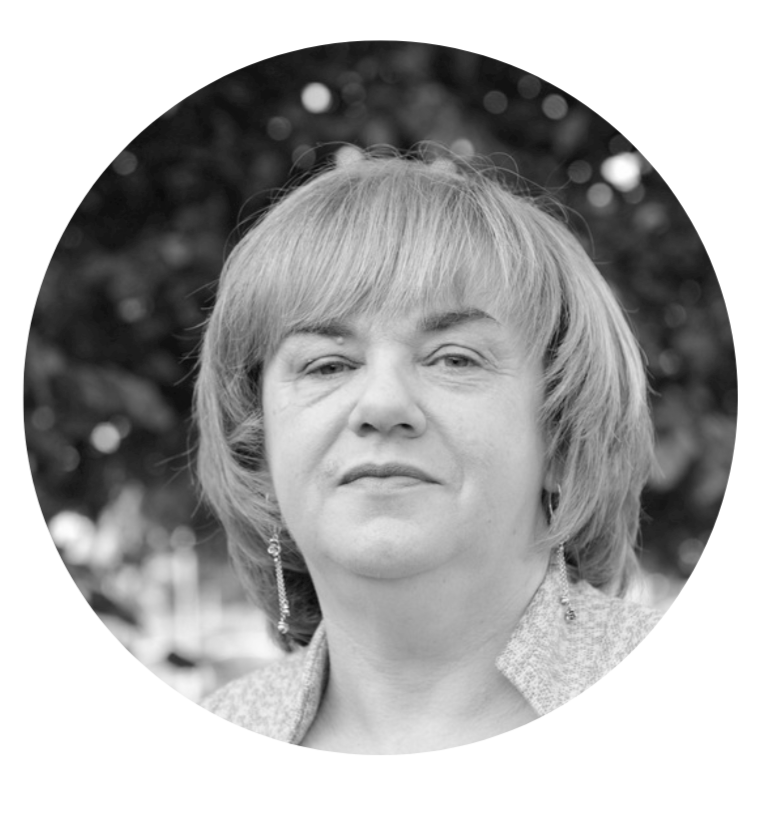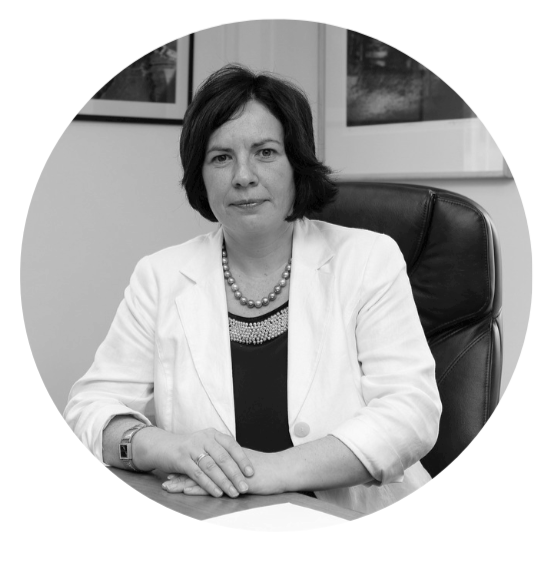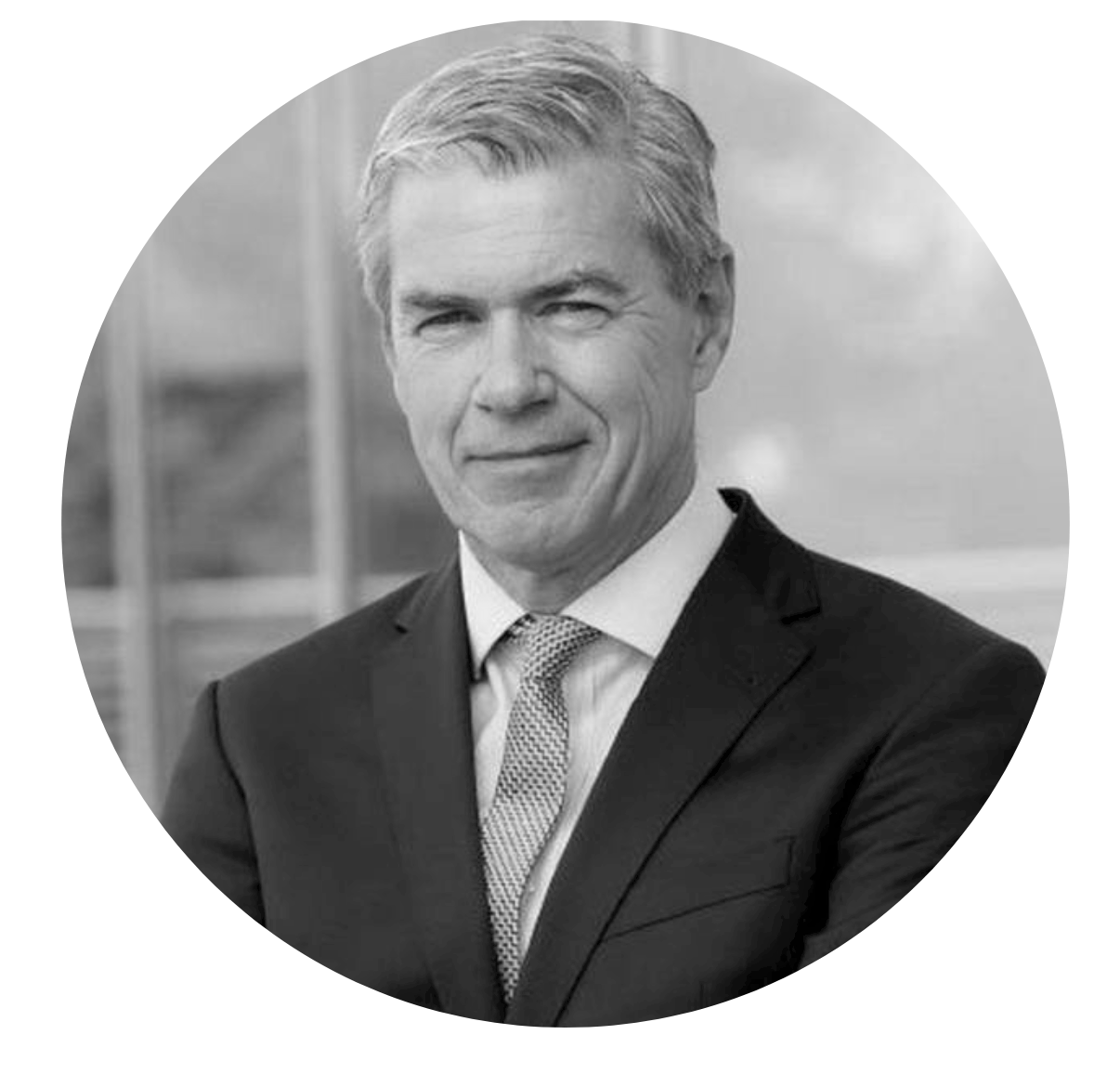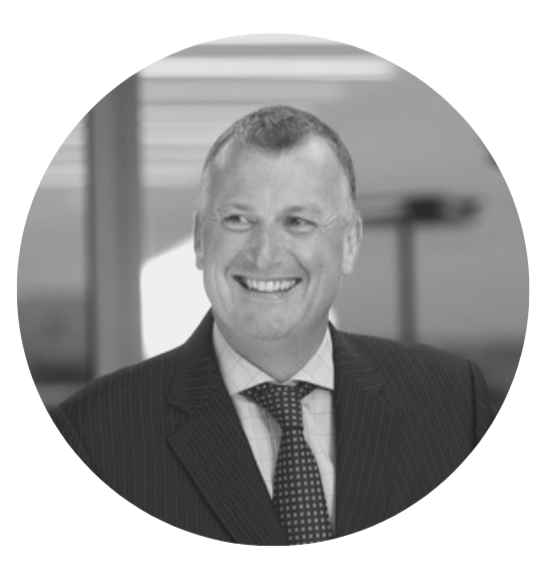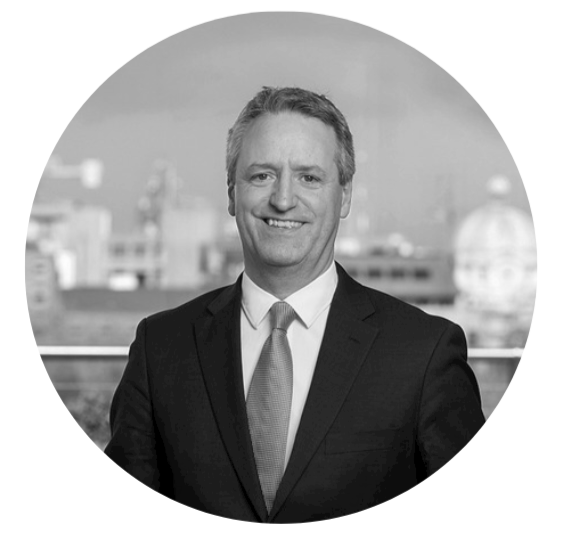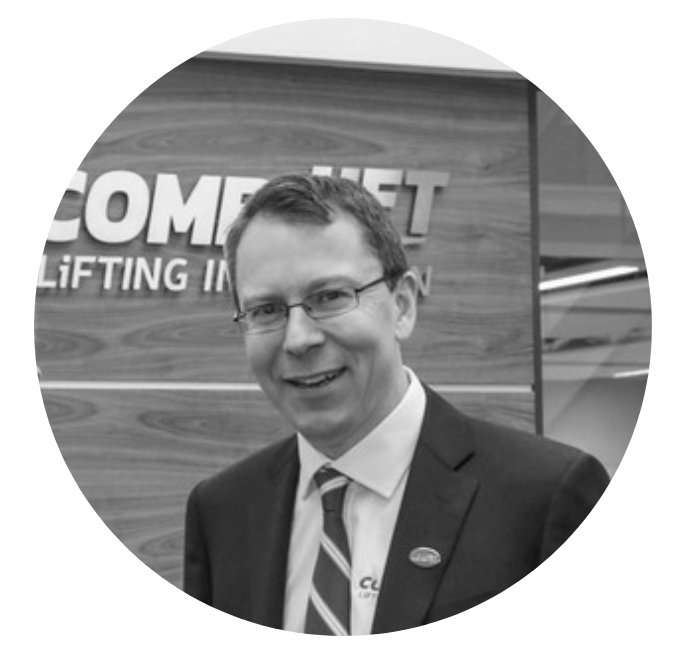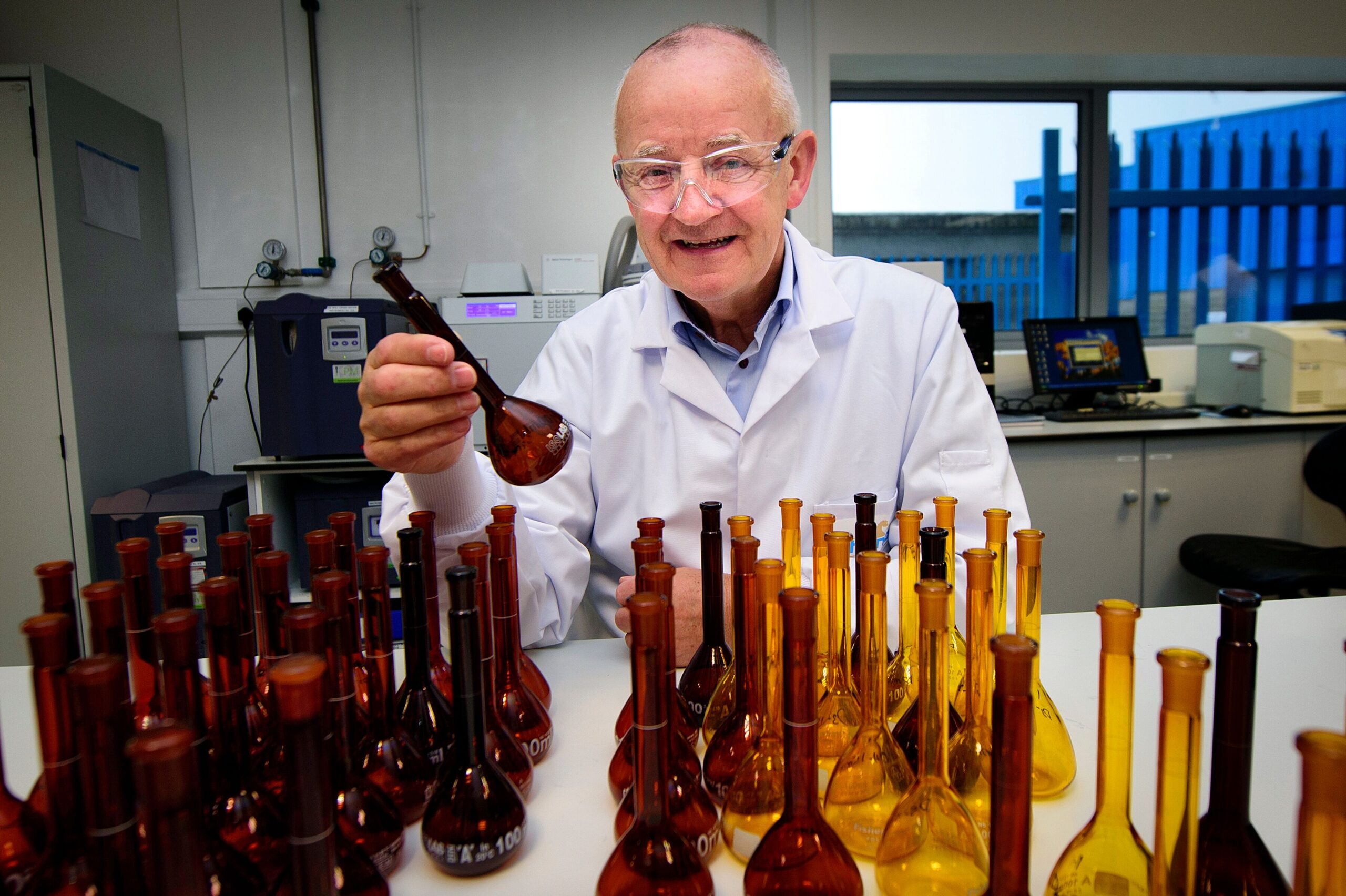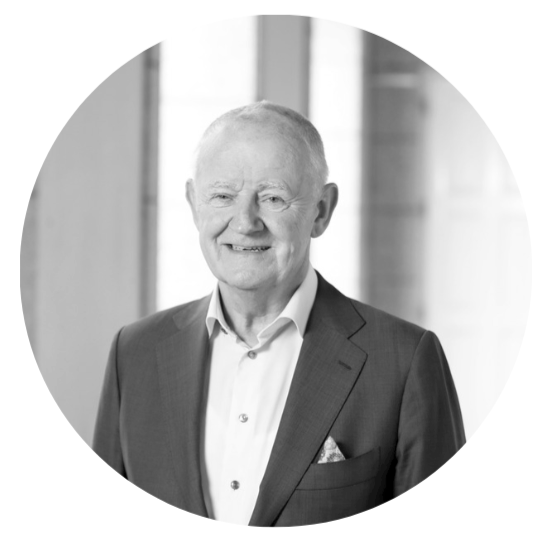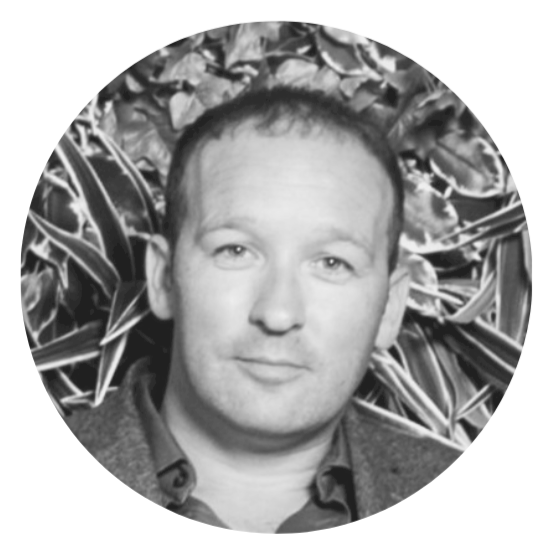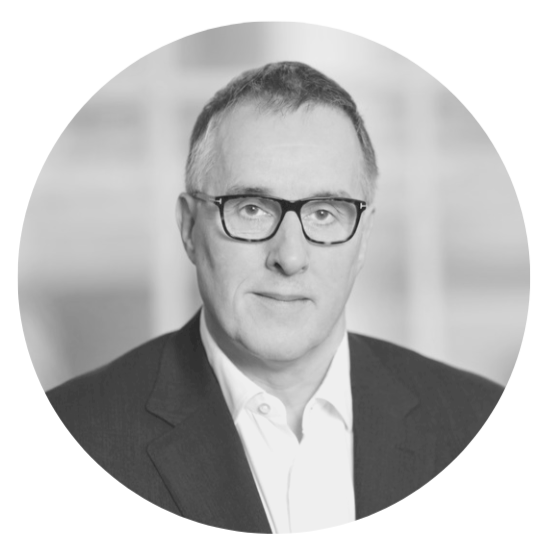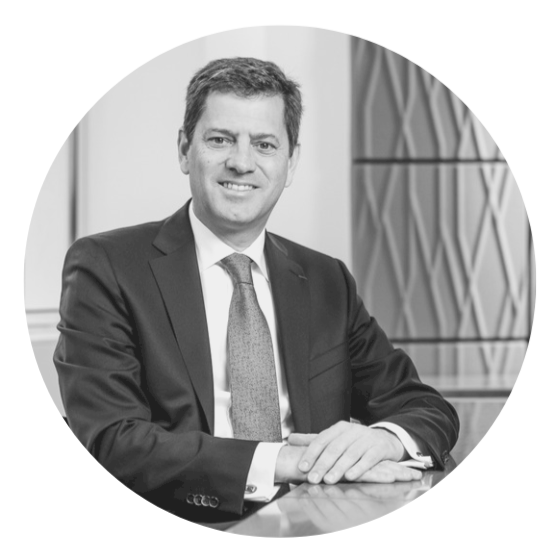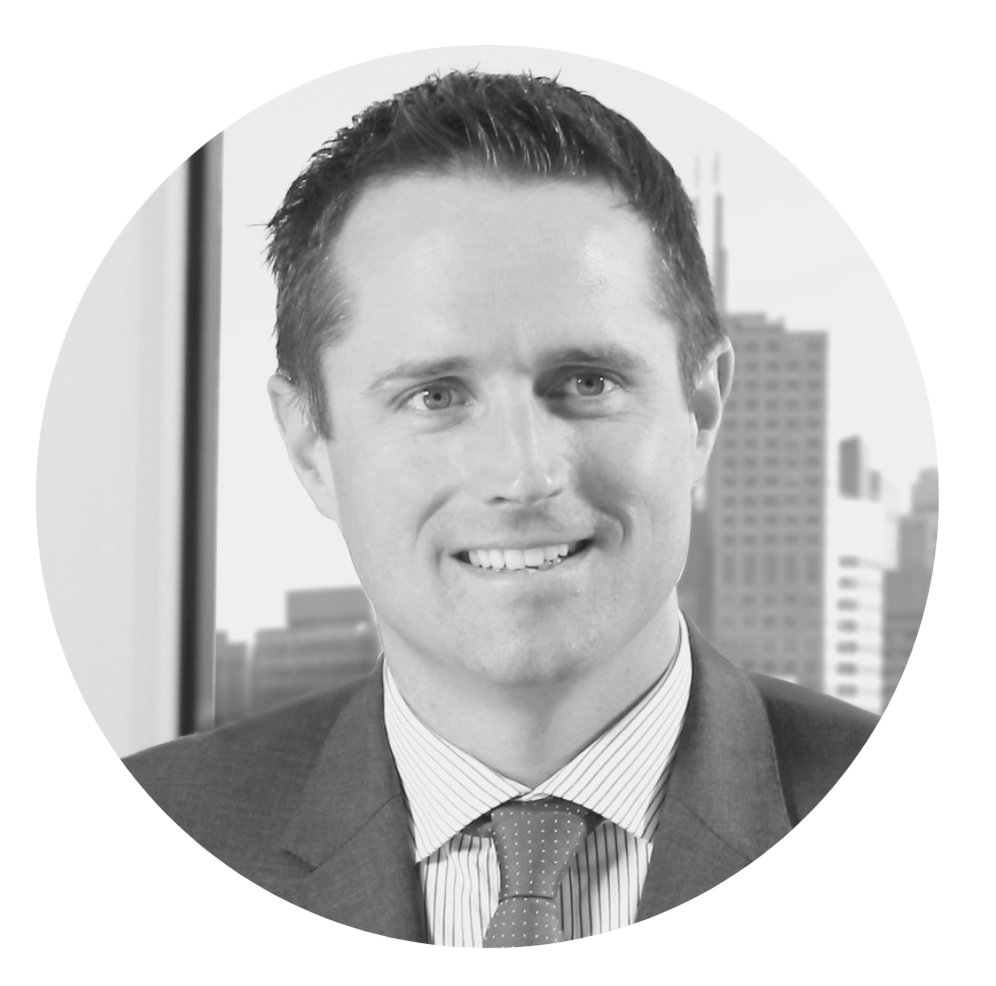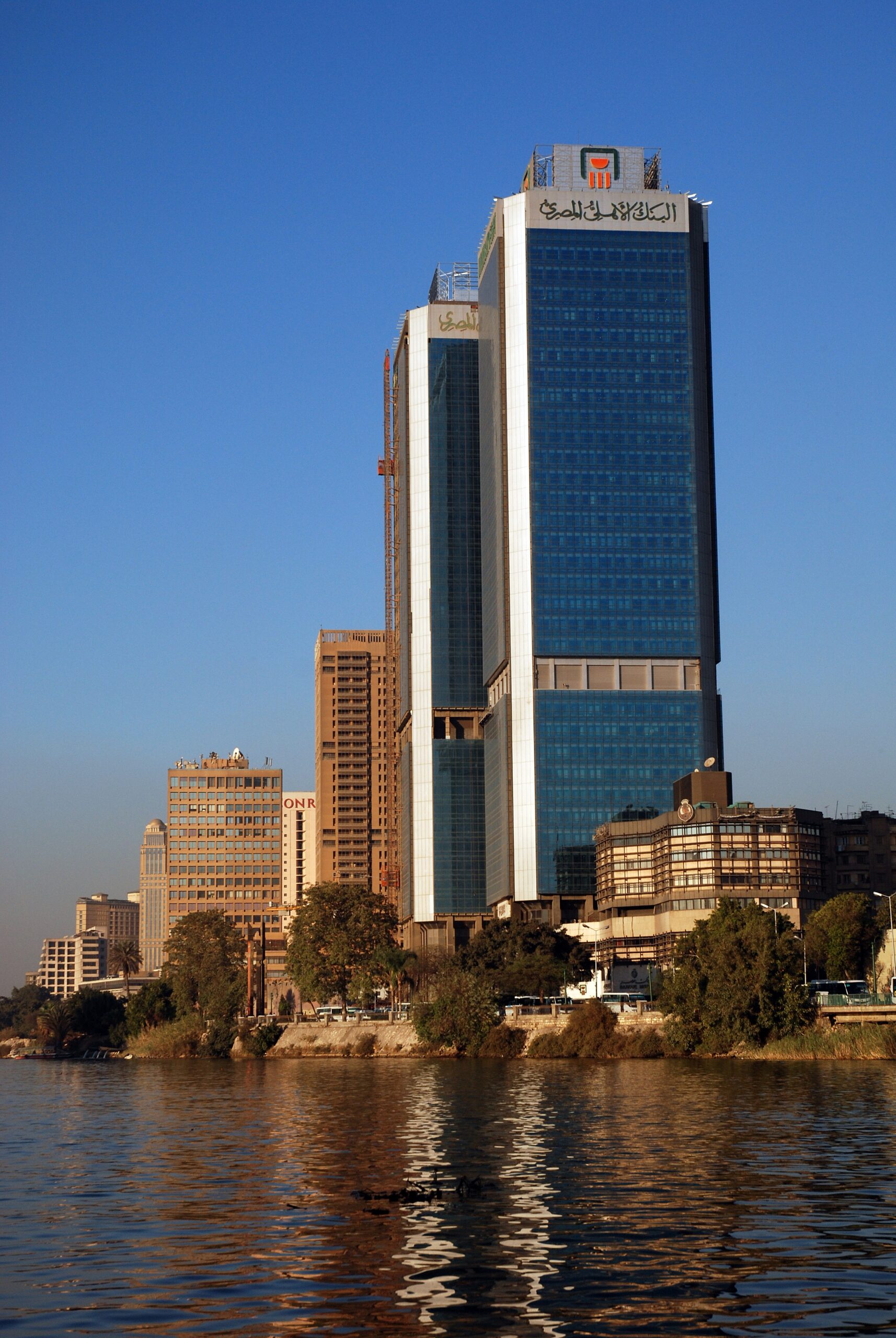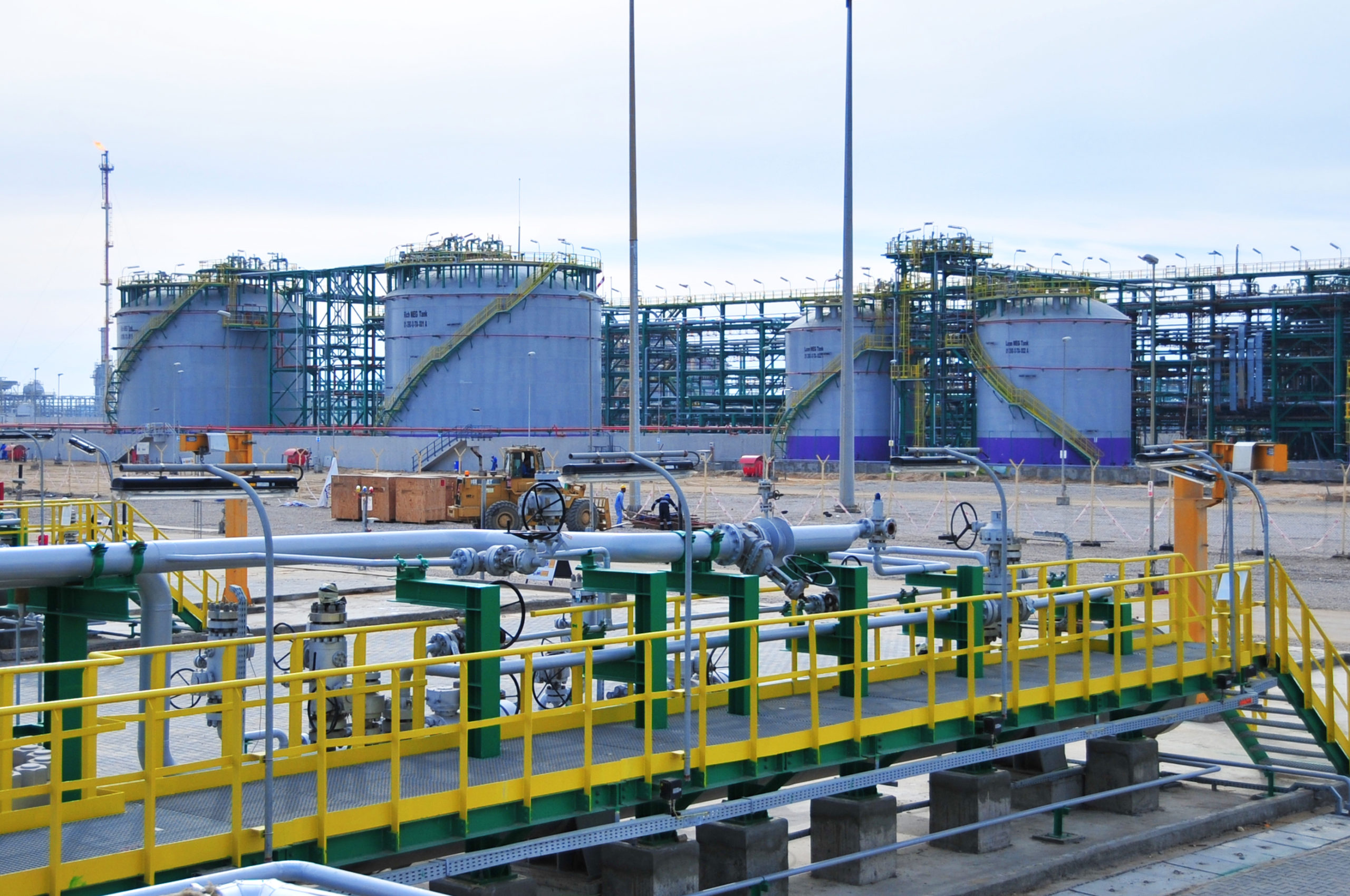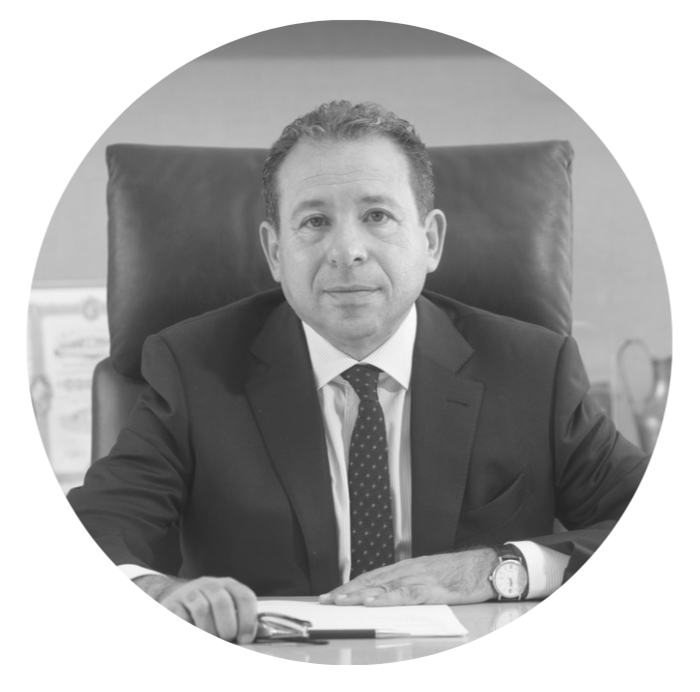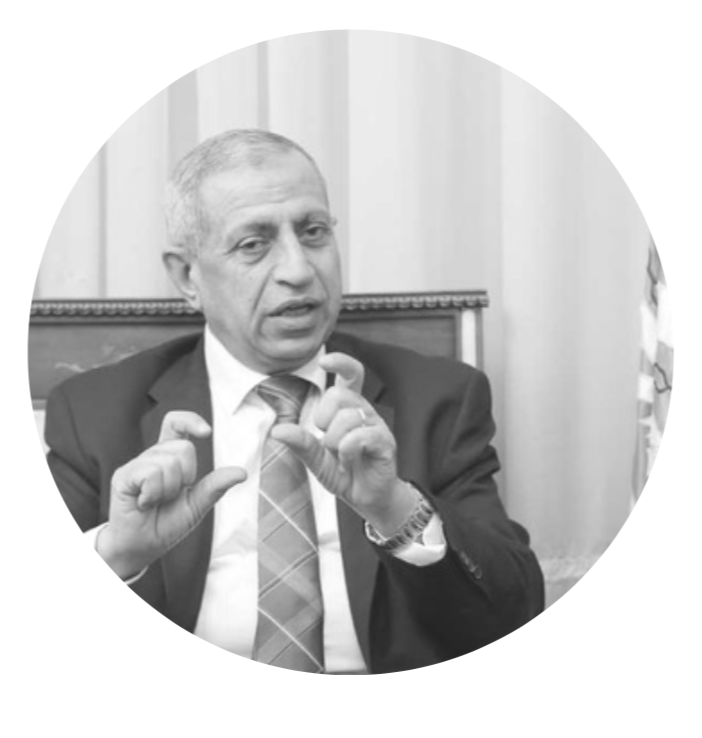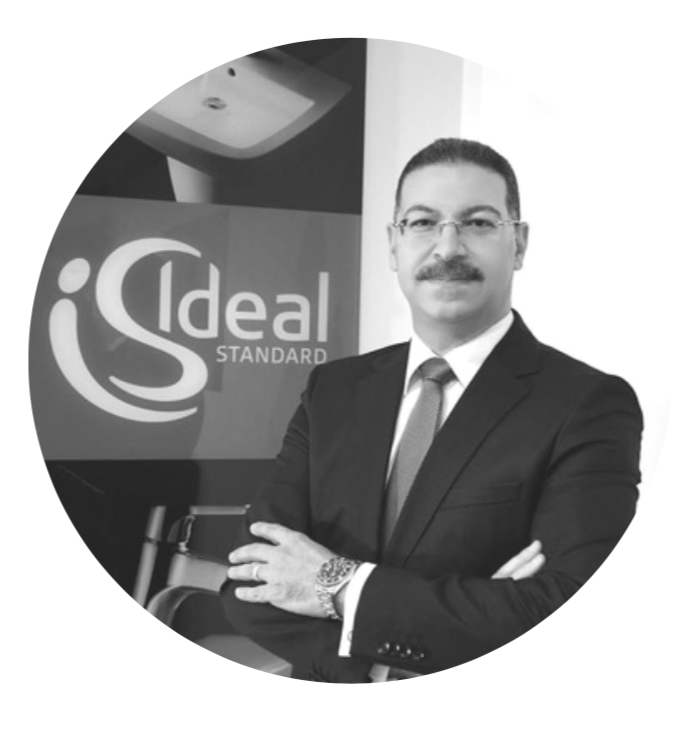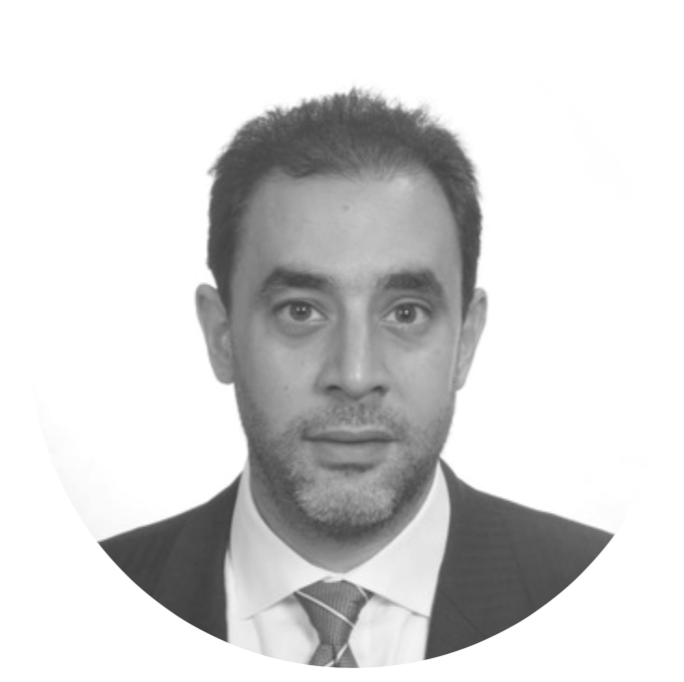As global food trends rapidly shift, American palates are changing. There has been an evolution from heavily processed cheeses towards traditionally produced artisan varieties, and specialty European cheeses are particularly gaining popularity in the USA. Cheesemongers know the Swiss have superior standards based on traditional methods. In general, agri-food production standards in the small alpine state are based on higher expectations for animal welfare, dedication to traditional quality, and environmental requirements.
Many cows that produce milk for traditional Swiss cheese are grazing solely on spring-summer alpine pastures and drinking crystal-clear mountain water. The unique variety of herbs and flowers give a unique character and flavor. Thus, resulting in absolute premium produce, that is increasingly captivating tastebuds across North America.
According to Urs Riedener, CEO of Emmi, the largest milk processor in Switzerland, one of the most innovative dairies in Europe, and recognized as the premier provider of Swiss cheese, “Switzerland produces the cleanest GMO-free milk in the world.”
Pop culture traditionally depicted Swiss cheese as “the cheese with holes in it.” However, there are actually more than 450 varieties of Swiss cheese, from soft buttery cheeses, to rich melting types used for the national dish of fondue. The first recipe for cheese fondue dates back to 1699 in Zurich. At least ten cheeses carry the Appellation d’Origine Protégée (AOP) label, which means the product is entirely made in its region of origin. These include emmental, gruyère, l’etivaz, appenzeller, raclette, and tête de moine, among others. The most iconic and easily recognizable being the semi-hard hole filled emmental variety. Cheese has been a staple food for generations.
While global cheese connoisseurs have long debated the origin of the distinctive holes of the emmental variety, the Agroscope Institute, a Swiss scientific center of excellence for agricultural research, recently put the debate to rest. According to their study, the mysterious holes are the result of microscopically small hay particles that routinely were in the milk. With the recent modernization of dairy farms and push for sterile environments, the iconic holes began to shrink in size.
While holes are a symbol of Swiss cheese, the most widely produced and consumed within Switzerland is the hole-less gruyère variety. Its smooth texture has a flavor that is nutty, and the flavor’s boldness intensifies with age. The same traditional recipe for its production has been used since 1115, and its AOP protection status ensures it is made from dairies no more than 20 miles away. Gruyere is the main ingredient of the iconic Swiss fondue.
In addition to emmental and gruyere, the Swiss produce raclette cheese, another Swiss staple meal. It is often found at sociable winter events, where the semi-hard cheese is melted over warm potatoes. It is usually accompanied by cold meats, pickles, and pickled onions. Sbrinz is an extra-hard full-fat cheese that is great for grating. Its maturity bestows an aromatic and spicy taste and makes it the alpine alternative to Italian Parmesan. Appenzeller is a hard cheese brined in wine or cider, which results in a robust cheese that is known for its pungent aroma and spicy undertones. Tête de moine was originally produced by monks, and its name in french, “monk’s head” pays homage to its history. It is scraped with a knife-like tool called a girolle, which revolves making ribbons of the fruity cheese.
For the lactose-intolerant, most of the popular cheeses – Emmentaler, Appenzeller, Gruyère and Raclette – are naturally low in lactose, as the majority of lactose breaks down and is discarded in the long lasting maturing process.

Interview: Urs Riedener, CEO, Emmi
How important is the agri-food sector to the Swiss identity?
Switzerland has a strong historical tie to agriculture. Our ancestors have traditionally been farmers, and to this day the sector remains at the epicenter of our identity. We love our nature and frequently hike in our mountains, ski on our slopes, stroll through our meadows, and in brief, enjoy the widest variety of outdoor activities within nature. While the agri-food sector represents below 1% of the GDP of our economy, the emotional importance is much more significant. It symbolically represents upwards of 25%. For example, nearly 30% of our governmental representatives retain very close ties to agriculture.
What is your outlook for Swiss dairy’s USA footprint?
While Switzerland remains a net importer of most food products, we have a self-sufficiency rate exceeding 100% with dairy. For hundreds of years, we have been a milk-producing country. We have vast meadows and prairies. We have an overabundance of milk, and cheeses are a durable value-added good that is easier to export.
Good cheese starts with fresh milk, and Switzerland possesses a rich sustainable heritage in producing the best GMO-free milk globally.
Emmi focuses on premium dairy products with Swiss heritage. We are the clear market leader in smear-ripened mature cheeses, which is an artisanal salt brine curing method passed down from our alpine heritage.
We support traditional heritage, and within our USA investments are respecting our subsidiary’s local roots. We invested and professionalized their processes so they can advance as a team. The USA is our second-biggest market, and we expect the specialty cheese segment to continue growing by up to 5% per year.







